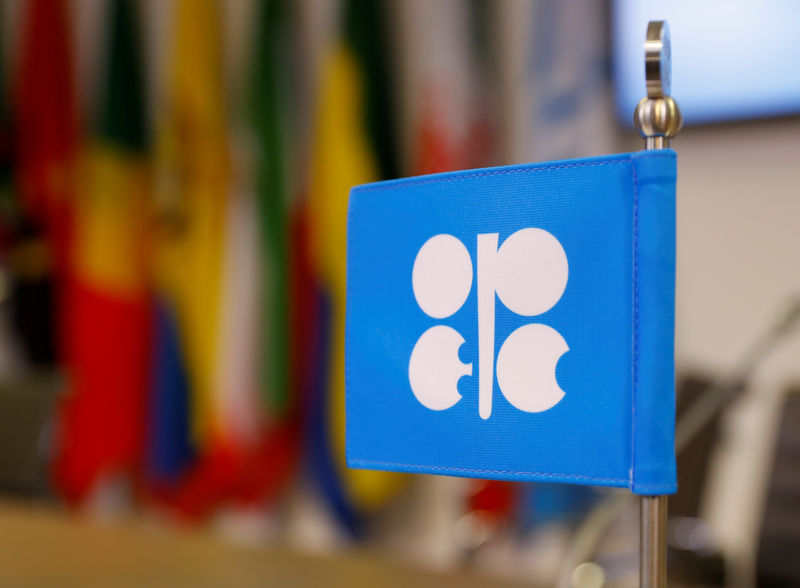By Rania El Gamal
DUBAI (Reuters) - Gulf OPEC producers will keep their July oil production within their OPEC target despite the current global supply cut pact expiring at end of June, OPEC sources said on Thursday, a signal that the Gulf exporters are reluctant to boost supply.
Saudi Arabia, the top global oil exporter's crude output in June will be around the same level of its May production, and its July output will remain within its obligation under the OPEC-led supply cut deal, the sources said.
Saudi oil output in May was 9.67 million bpd, according to OPEC figures. Riyadh has been pumping below its 10.3 million bpd target under the OPEC pact for the past months.
Key OPEC producers Kuwait and the United Arab Emirates are also keeping their output in July within the OPEC target and will not be raising their production, the sources added.
In May, Kuwait pumped 2.709 million bpd, and the UAE's oil production was 3.055 million bpd - both below their OPEC's supply target.
The moves indicate that the powerful Gulf oil producers block wants to keep the existing output cut by OPEC unchanged for the second half of the year.
The Organization of the Petroleum Exporting Countries plus Russia and other producers, an alliance known as OPEC+, have implemented a deal since Jan. 1 to cut output by 1.2 million barrels per day (bpd) for six months.
"All the talk now is about an extension of the same cuts, or a rollover, until the end of the year," one OPEC source said.
OPEC meets next in Vienna on July 1 to decide on its output policy, and will meet with its non-OPEC allies, led by Russia, on July 2.
But Russia still has not said whether it would agree to keep the existing cuts in place or push to increase in the second half of 2019, the sources said.
"Russia is the only country that is yet to decide," another OPEC source said.
Russia has been under pressure from its domestic oil companies to let them pump more.
Iran and Venezuela, both OPEC founding members, are under U.S. sanctions that have hit their oil production and exports.

U.S. President Donald Trump has called on Saudi Arabia and OPEC to boost output to compensate for the reduction in Iranian oil supply, but Saudi sources say that though the kingdom will always respond to its customers needs, there has been no demand for extra crude to justify them increasing their production.